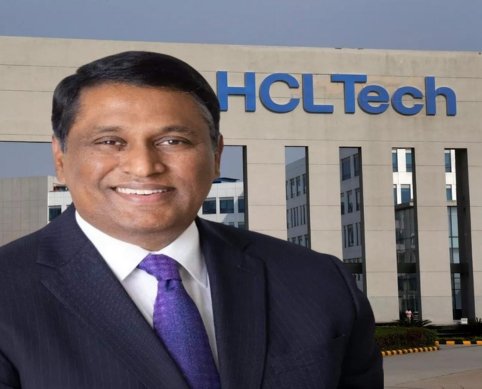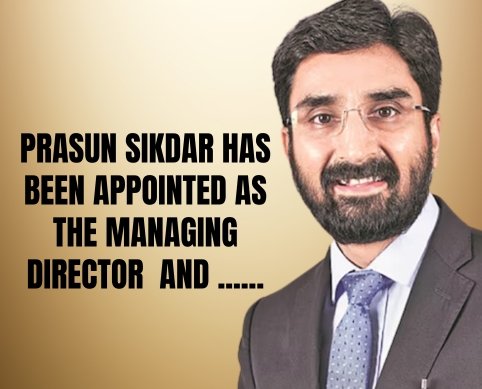HCLTech CEO stated that a third of the additional demand is being driven by data and AI
HCLTech secured approximately one-third of its incremental demand from the data and artificial intelligence (AI) sectors, contributing to India’s

HCLTech secured approximately one-third of its incremental demand from the data and artificial intelligence (AI) sectors, contributing to India’s third-largest software services provider’s better-than-expected revenue growth—6.7% higher compared to the previous year—in the fiscal second quarter.
CEO and Managing Director C Vijayakumar refrained from detailing the revenue figures generated from the data and AI segments. He stated, “Revenues from data and AI are diversified across multiple verticals, and each client’s scenario is unique, making it difficult to measure. However, roughly a third of the incremental demand appears to be driven by AI and data.”
During the announcement of the September quarter results on Monday, the Noida-based company reported revenue of Rs 28,862 crore, reflecting a 6.7% increase year-over-year and a 2.6% sequential rise. This surpassed the estimate of Rs 28,710 crore for Q2. The company also raised its lower-end guidance for FY25 revenue growth to 3.5-5.0%, up from the earlier 3.0-5.0%.
“To achieve 3.5% growth, we may need to grow 0% in Q3 and Q4, and for 5% growth, we’ll need to achieve 2% growth in those quarters; that’s how the demand environment is shaping up,” Vijayakumar noted during a post-earnings call.
“We see solid demand in financial services, which is extending to other verticals as well. However, we are cautious about making long-term predictions and are approaching it quarter by quarter. In the mid-to-long term, the growth drivers are sustainable, but there can always be short-term variations,” he added.
During the September quarter, HCLTech management highlighted significant progress in generative AI programs, with most deals incorporating AI and clients adopting these solutions for service transformation.
While clients are facing challenges in scaling their GenAI pilots to full production, HCLTech is seeing larger deals in cognitive infrastructure solutions.
Vijayakumar emphasized that successful scaling requires several key elements, including a solid data strategy, cloud strategy, and cognitive infrastructure. He stated, “There are also important aspects like responsible AI guardrails, privacy considerations, and effective change management. Scaling a project to its full potential demands thorough planning.”
In the earnings call, the company noted that while GenAI deals are currently small, they are driving investments in legacy technology modernization, establishing data pipelines, managing metadata, and building cognitive infrastructure, which involve larger deal sizes.
Vijayakumar explained cognitive infrastructure solutions by saying, “Whether it’s Dell or HPE, these are mainly on-premise infrastructures that support running GenAI programs. Clients can choose to operate them on hyperscalers or on-premise. We call both cognitive infrastructure because it plays a vital role in the GenAI journey, as these applications are highly compute-intensive.”
He pointed out that the negative effects of HCLTech’s divestment from its joint venture with U.S.-based State Street Corp. had been offset by the September quarter.
In December 2023, State Street Corp. acquired HCLTech’s 49% stake in their UK-based joint venture, Statestreet HCL Services, which reduced HCLTech’s financial services revenue by around 80 basis points (0.80%) in the first two quarters of the fiscal year.
Looking ahead, Vijayakumar noted that while insourcing has slightly reduced the total addressable market for IT services, it still remains a relatively small factor.
“The IT services market is significant, with anticipated spending expected to reach trillions over the next few years. Even with the growth of GCCs, their share will be a very small portion,” he explained. “There are still many untapped areas for service providers like us, and that’s where we need to focus to grow our market share,” he added, pointing out that HCLTech’s service revenue still represents only a third of its potential within Global 2000 companies.





